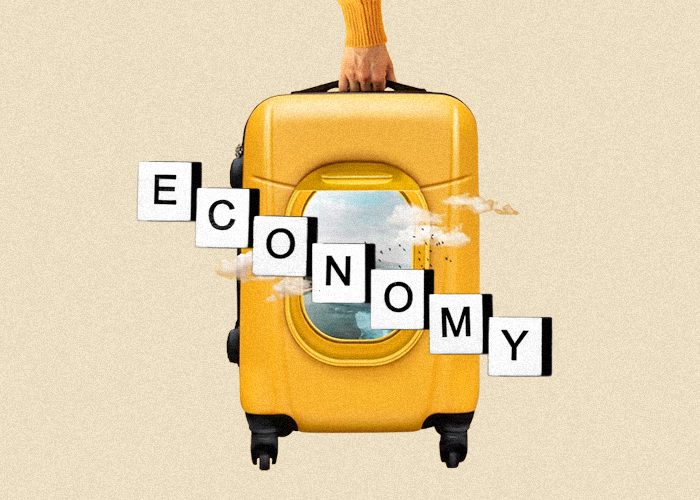
Navigating crises! Travel tech’s economic lifeline amid global challenges and opportunities
In the face of economic crises, the travel industry grapples with unforeseen obstacles that necessitate innovative solutions. Travel tech emerges as a vital catalyst, offering a glimmer of hope for survival and adaptability. The travel sector can weather the storm and emerge even stronger by integrating cutting-edge technologies and digital advancements.
This article delves into the pivotal role of travel tech in empowering businesses to endure economic crises, capitalize on unanticipated opportunities, and effectively address global challenges. From enriching customer experiences to streamlining operations and fostering agile strategies, travel tech becomes the cornerstone of resilience and growth in an ever-evolving landscape.
Embracing Online Booking Platforms
One of the key elements in leveraging technology for travel businesses is embracing online booking platforms. Gone are the days when people visited brick-and-mortar travel agencies to plan their trips. Today, travelers prefer the convenience of booking flights, accommodations, and activities online from the comfort of their homes.
Leveraging AI and Data Analytics
Artificial Intelligence (AI) and data analytics have revolutionized the travel industry. Businesses can gain valuable insights into consumer behavior, market trends, and preferences by analyzing vast amounts of data. This data-driven approach enables travel companies to make informed decisions, optimize their offerings, and tailor personalized travel experiences.
Enhancing Customer Experience through Chatbots
Maintaining excellent customer service becomes paramount for travel companies in times of economic uncertainty. However, hiring and training additional staff may not be financially feasible during a crisis. Enter chatbots – AI-powered virtual assistants capable of handling customer inquiries 24/7. These chatbots can respond instantly to frequently asked questions, assist with bookings, and offer personalized recommendations.
Implementing Contactless Solutions
The COVID-19 pandemic has accelerated the adoption of contactless solutions in the travel industry. From contactless check-ins and payments to touchless kiosks at airports, these technologies reduce physical interactions and enhance safety for travelers. Even beyond the pandemic, implementing contactless solutions can continue to benefit travel businesses during economic crises by instilling confidence in travelers and encouraging them to resume their travel plans.
Promoting Virtual Tourism
Virtual tourism has emerged as an alternative way to experience different destinations when faced with travel restrictions and lockdowns. Utilizing virtual reality (VR) and augmented reality (AR) technologies, travel companies can offer immersive virtual tours, historical experiences, and cultural insights. Virtual tourism provides travelers with a glimpse of their desired destinations and keeps the interest alive until they can physically visit these places. During economic crises, promoting virtual tourism can help generate revenue and maintain brand engagement.
Implementing Flexible Booking and Cancellation Policies
Economic crises can lead to uncertainties for both travelers and travel companies. To address this, businesses can implement flexible booking and cancellation policies. By allowing customers to reschedule or cancel their bookings without hefty penalties, travel companies build trust and loyalty among their clientele. Moreover, flexible policies show a willingness to accommodate changing circumstances, which can go a long way in retaining customers during tough times.
Investing in Sustainable Travel Technologies
Sustainable travel is gaining momentum as travelers become more conscious of their environmental impact. Investing in sustainable travel technologies, such as eco-friendly transportation, energy-efficient accommodations, and responsible tourism practices, can attract eco-conscious travelers even during economic downturns. By aligning with sustainability initiatives, travel companies can survive crises and contribute to a greener and more resilient travel industry.
Emphasizing Local and Domestic Travel
During economic crises or international travel restrictions, emphasizing local and domestic travel becomes crucial for the survival of travel businesses. Encouraging travelers to explore their countries or nearby destinations can help generate revenue and support local economies. Travel companies can create enticing packages and promotions to promote domestic travel, tapping into the potential of a vast untapped market.
Collaborating with Industry Partners
In times of crisis, collaboration can be a powerful strategy. Travel companies can form partnerships with other businesses within the industry, such as airlines, hotels, and tour operators, to create bundled offerings and cross-promote each other. These alliances can lead to cost savings, shared resources, and increased brand exposure, which are beneficial during challenging economic conditions.











